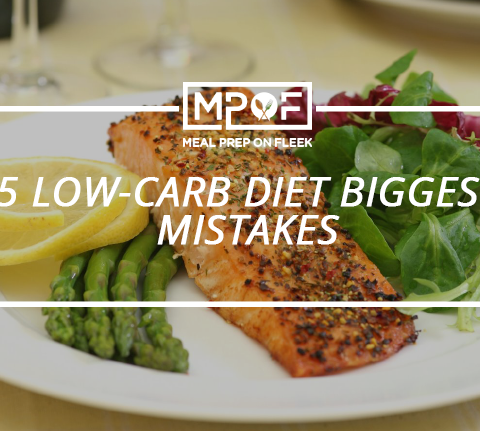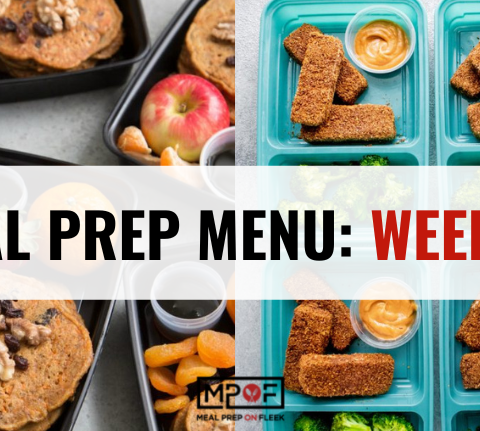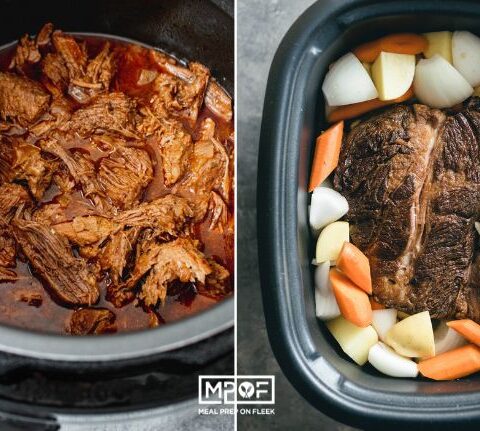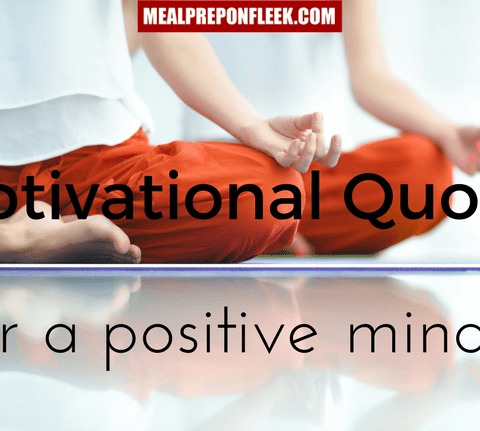#DietCulture... heard of it?
It is not surprising that we live in a culture of dieting. Our grocery store magazine racks are filled with cover stories that inform us of the latest dieting technique and fill our heads with pictures of airbrushed models producing discontent and judgment on the way we ourselves look. No doubt you have played this comparison game and have already subjected yourself to several diets that actually did work as a short-term fix because anything that creates a caloric deficit works for a little while.
But to what end? There must be a better way, right? It turns out that there is…
Intuitive Eating is not a diet, but a different way to look at sensible eating for a lifetime.
Webster’s dictionary defines intuition as: 1) quick and ready insight. 2) immediate apprehension or cognition. So, eating intuitively is a way of eating that is very self-aware and thoughtful. It is becoming in tune with your body and it’s real needs.
We are all intuitive eaters from birth. Babies eat when they are hungry. They stop eating when they are full. They don’t want to eat again until their body tells them they are hungry. Babies are born intuition experts at listening to themselves and finding a way to grab the attention of someone who will meet their nutritional needs. Once the need is satisfied, so are they. Toddlers might need a lot of fuel for their activity and you notice that they eat voraciously one day while other days they might eat little. As children get older, more rules are formed around food and eventually we lose that way of listening to our bodies needs. Eventually, we lose connection to our inner intuitive eater. This is a way to get back to that way of thinking about our nutritional needs.
----
How you can get started with Intuitive Eating:
- Silence the voice of dieting - Let’s face facts. Diets are a set up for failure. If you really think about it, you can see what it has done to your mind and your outlook. It is self-defeating. And research has told us that it is more conducive to weight gain in the long run. Decide that you will not fall into its trap again.
- Eat to satisfy yourself - After years of dieting, we often forget that food is supposed to bring pleasure and joy to our lives, not to become a taskmaster. Eating for contentment will help reduce the risks of overeating because we will typically keep eating to find what will exactly satisfy.
- Eat only when hungry - Remember above we defined what intuition is: immediate cognition. Learn to tune-in to true hunger. Learn your own 1-10 scale (1 being famished and 10 being perfectly content) and follow what it is telling you. If you override your body’s signals of hunger on a consistent basis, you risk losing all good intentions of eating sensibly.
- Call a truce with food - resist that inner voice that developed from years of dieting that tells you that you are only “good” if you eat your veggies and really “bad” if you indulge in an occasional piece of the pie. This is a deeply ingrained voice that brings with it feelings of deep guilt and shame that actually backfire and cause us to deal with problems of binging and cravings that result in overeating. Resist making food decisions based on guilt and shame.
- Confront the food rules - Again, that quick and ready insight of intuition is necessary for understanding what unreasonable rules years of dieting has planted deep inside your brain that make you feel guilty and sabotage your ability to see eating as a normal activity that brings pleasure and contentment. Engaging your intuition to recognize these rules as they come up and silence them will be imperative to your success.
- How does your body say, “I’m full” - As important as it is to know when you are hungry, it is equally essential to know when you are full. Recognize your body’s signals and heed them. Check yourself halfway through the meal. If you are full, stop.
- Appreciate the body you were given - We all have our inner-critic that keeps us dissatisfied with the way we are. Critical to the success of this way of “doing nutrition” is to accept yourself the way you were made. Accept your body as it is right now and practice separating feelings of morality from food, exercise, and the way you look in the mirror. It is almost impossible to reject the diet mentality if you don’t.
- Disassociate emotions with food - Easier said than done but resist using food to cope with emotions. Discover other ways that make you feel good that do not involve food. Stop using food as a reward. Resist the temptation to eat mindlessly (ex. While binge-watching your favorite show).
- Engage in joyful movement - Reject tyrannical exercise routines that cause you to feel enslaved. Make exercise enjoyable again. What kind of movement makes you happy? Is it dancing with your toddler? Do it!
These principles are not to be looked at as a progressive list; you don’t have to conquer the first one before moving on to the next. All of them worked on simultaneously, will bring you to a place of gentle nutrition that respects your body and brings you to a healthier mindset that makes reasonable eating attainable. You might find yourself pleasantly surprised, possibly for the first time in your life since childhood, that eating intuitively was the way to go all along!
---
Definition of intuition
1: quick and ready insight
2a: immediate apprehension or cognition
We are all born natural intuitive eaters. Babies cry, they eat, and then stop eating until they’re hungry again. Kids innately balance out their food intake from week to week, eating when they’re hungry and stopping once they feel full. Some days they may eat a ton of food, and other days they may eat barely anything. As we grow older and rules and restrictions are set around food, we lose our inner intuitive eater. We learn to finish everything on our plate. We learn that dessert is a reward, or can be taken away if we misbehave. We are told that certain foods are good for us and others are bad – causing us to feel good about ourselves when we eat certain foods and guilty when we eat others.
It’s about re-learning to eat outside of the diet mentality, putting the focus on your internal cues (aka your intuition) like hunger, fullness and satisfaction, and moving away from external cues like food rules and restrictions.
The Science Behind Intuitive Eating
A number of research studies have shown that Intuitive Eating is linked to:
-
- Higher self-esteem
- Better body image
- More satisfaction with life
- Optimism and well-being
- Proactive coping skills
- Lower body mass indexes
- Higher HDL cholesterol levels
- Lower Triglyceride levels
- Lower rates of emotional eating
- Lower rates of disordered eating
Intuitive eating has also been called the self-attunement model, which is the practice of awareness of your most authentic self and tuning in on our internal systems while closing out the external systems or messages that don’t actually serve us.
For further reading, click on the image below:






